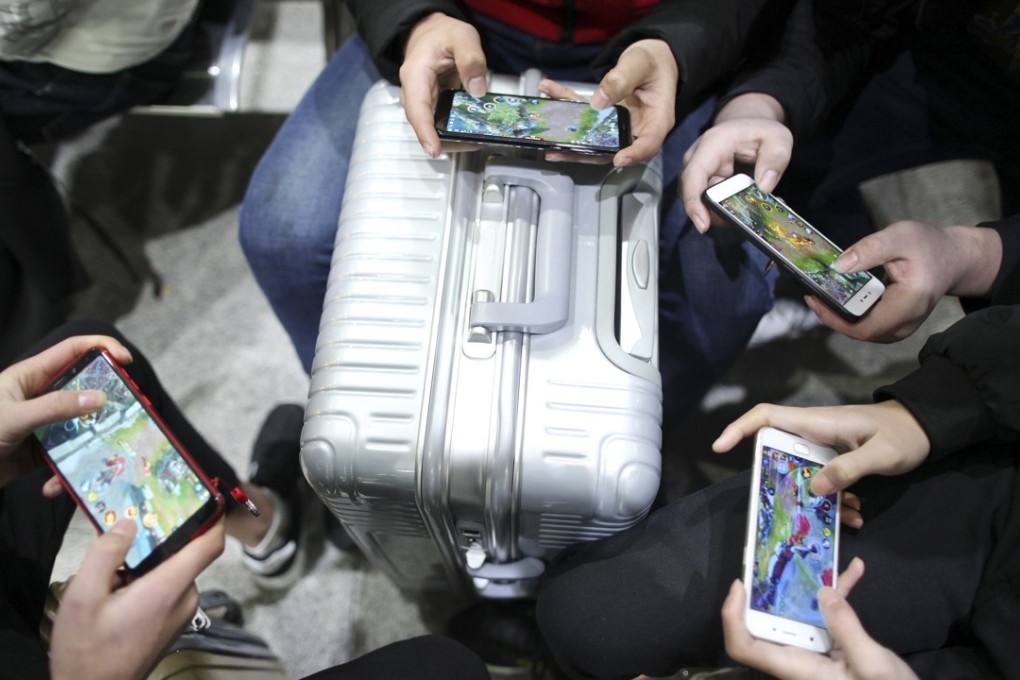China forms new body to review ethics risks of video games
- The recently formed Online Games Ethics Committee has rejected nine of an initial batch of 20 titles it reviewed
- Beijing has suspended approval of new titles for about eight months amid concerns over video game addiction

China has established a new body that reviews ethical issues in video gaming, marking the country’s latest attempt to tighten control over the world’s biggest games market.
The recently formed Online Games Ethics Committee has so far evaluated an initial batch of 20 video game titles, according to a report on Friday from state broadcaster China Central Television (CCTV). This was the first time the committee’s existence was made public.
Without elaborating, the CCTV report said the ethics committee rejected nine games for publication in the domestic market, while ruling that certain content be modified in the 11 other games that were reviewed.
The report neither revealed which government department the ethics committee was directly under nor identified the 20 games that the body processed.
The creation of the Online Games Ethics Committee has come amid concerns over internet addiction, childhood myopia and unsuitable content in China’s US$38 billion video games market, which has led Beijing to tighten its control over the industry and freeze the approval of new titles this year.